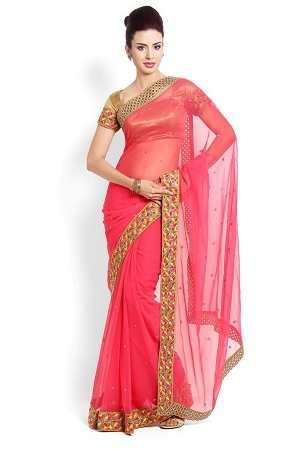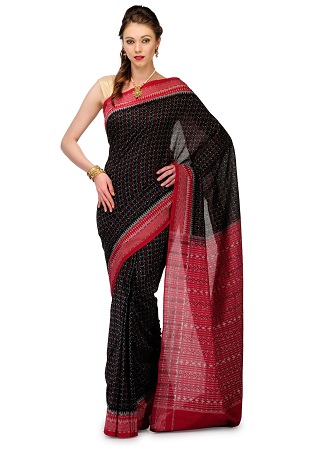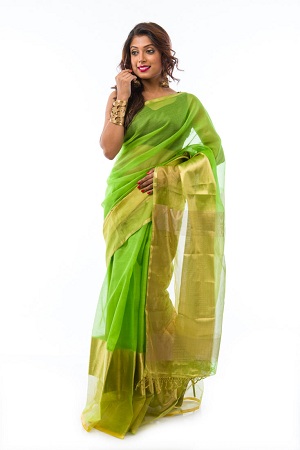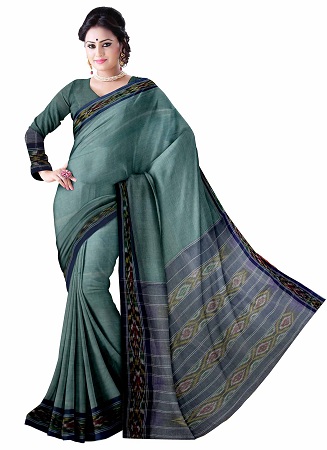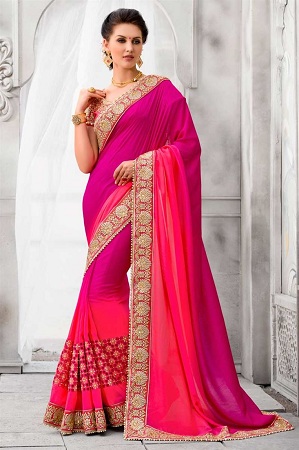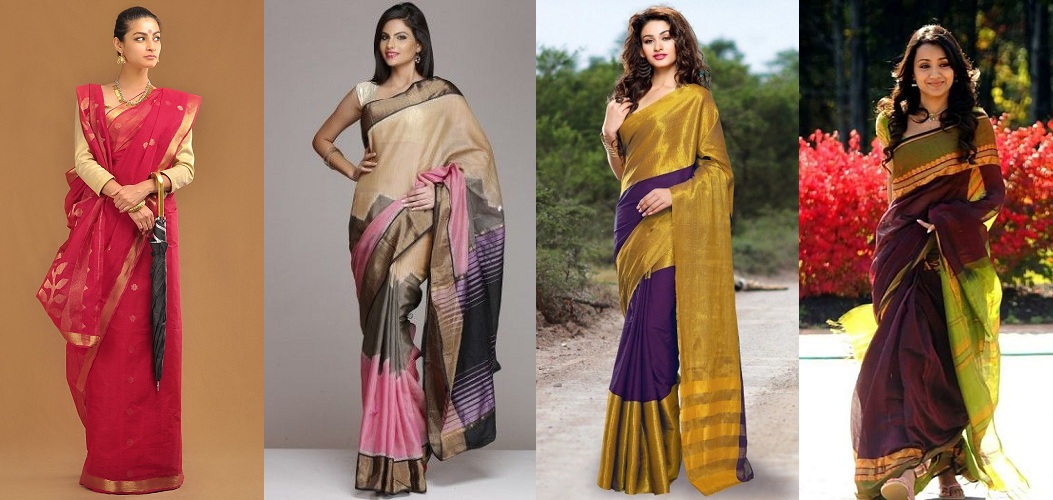
Cotton Saree: Defining Comfort Clothing
Indian sarees are famous among women around the globe. The prime reason of wearing a saree is that it highlights the beauty of a woman. Usually, the length of saree is between 5 to 5.5 meters only. In accordance with their customs and ethnicity, Indian ladies wear this outfit in various styles.
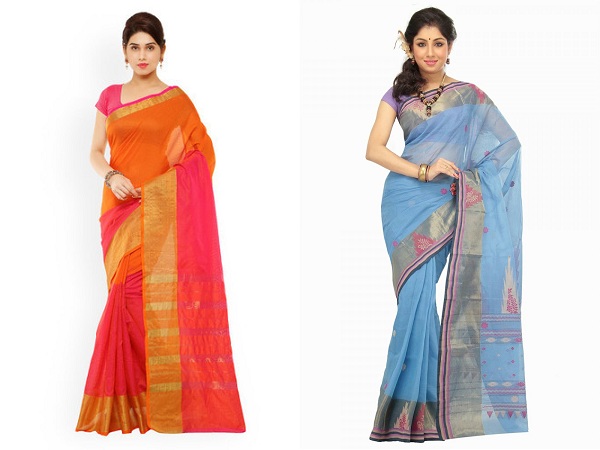
The saree has originated from both north and south India. The word ‘saree’ was derived from the Prakrit word ‘sattika’ as written in the most ancient Buddhist and Jain texts. The first popular portrayal of the saree in India is the image of an Indus valley priest wearing a drape. In the past Indian tradition also we have found the existence of this traditional outfit.
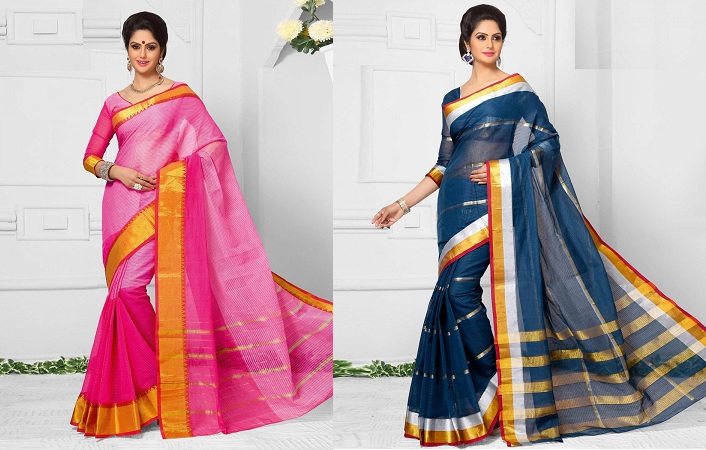
More about cotton sarees…
The cotton sarees provides you with a real comforting ease. These sarees are the most liked sarees for Indian ladies. You can use these types of sarees daily particularly during the summer months. You can wear a cotton saree in Diwali, Holi, Lohri, Dussehra, Baisakhi, all the other festivals of our nation. Indian cotton saree can be worn at the office spaces, worn by lady doctors, teachers of schools and colleges, and the housewives in their regular wear.
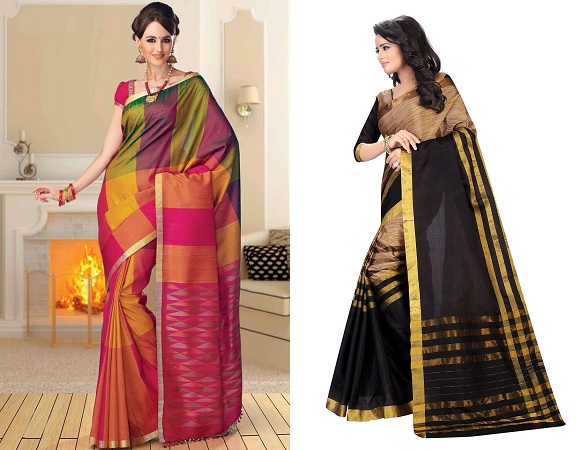
The Indian subcontinent is the address for the Cotton production. The expertise of weaving, as well as dyeing of cotton, was recognized in India around 5000 years ago. Each state has its own traditional cotton weaving task. Each Indian state has its own native area of skills in cotton fabric, each differs in textures, weaves, printing tactics, motifs, and colors.
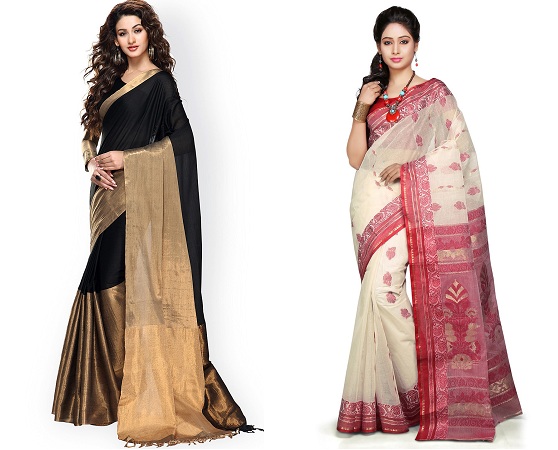
The popular cotton sarees as per area are as follows:
- There are the Bomkai, Sambalpuri, and Vichitrapuri cotton sarees of Orissa. These sarees arrive in different colors as well as conventional motifs ecstatic by nature.
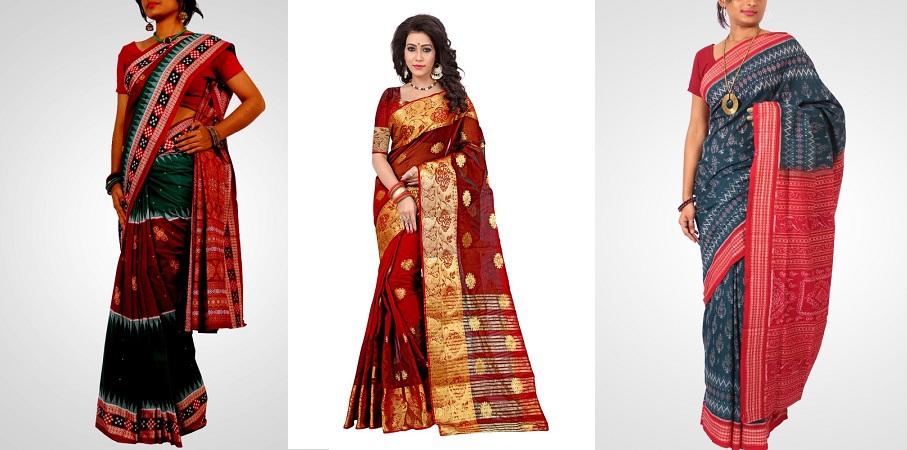
- The Jamdani cotton sarees from Uttar Pradesh and West Bengal are well-preferred and they follow the customary patterns as well.
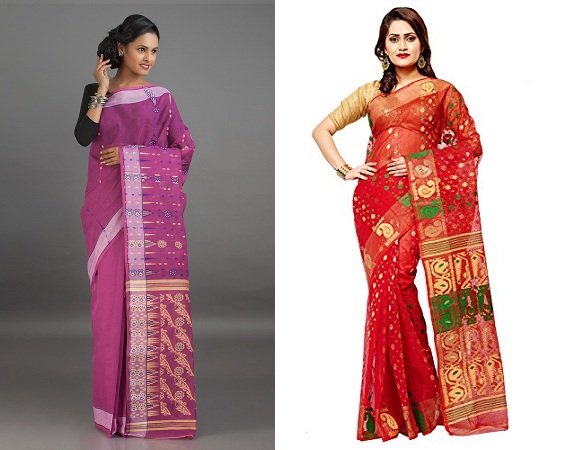
- Maheshwari sarees from Madhya Pradesh are either silk/cotton blend or unadulterated cotton with check patterns being the ability.
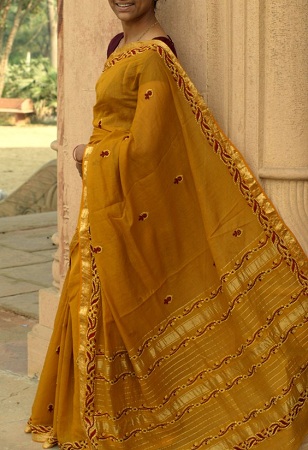
- Chanderi sarees of Madhya Pradesh are amazing cotton sarees with a cotton weft and a silk warp.
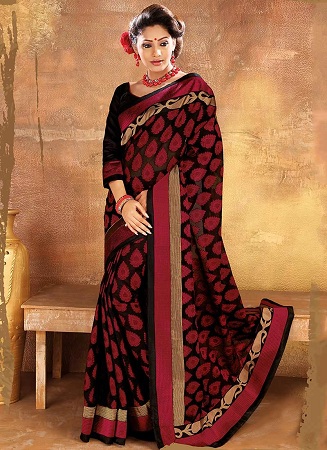
- Nander in Andhra Pradesh is well-known for its amazing eminence of cotton saree elaborately worked in gold thread with silk border.
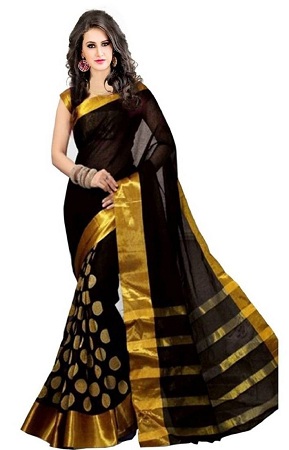
- Hyderabad is renowned for its antique cotton weaving jobs. The Venkatgiri amazing cotton sarees are made here, which are perfect for the summer months. These sarees are mainly found in off-white color and ornate with dull golden motifs as well.
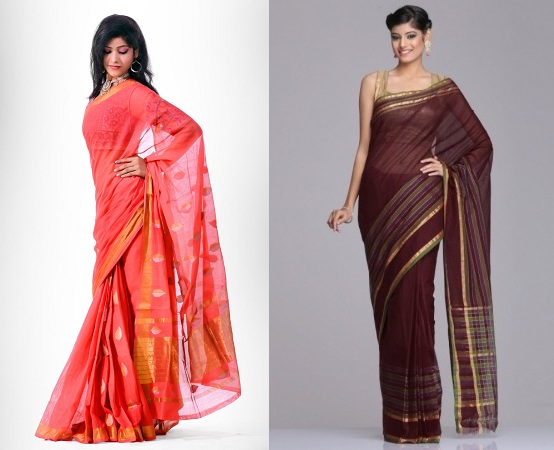
- Pochampalli sarees of Andhra Pradesh are specially woven with the ikat patterns, where the yarn is pre-dyed depending on the patterns before weaving.
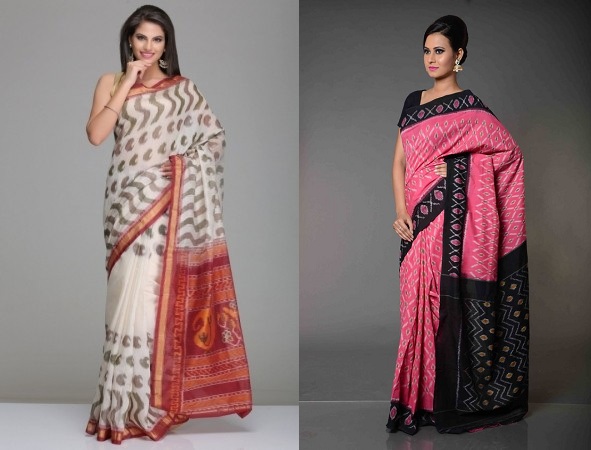
The cotton saree in Tamilnadu patterns are almost same as the silk sarees. The important centers like Salem, Kanjeevaram, Madurai, and Pudukottai in South are famous for cotton weaves with checks laid and motifs on the body. The pallav and border are worked with zari and thread weaves. Kerala has started weaving cotton saree afterward. Its main field is the Karalkudi sarees of the unbleached cotton which is enriched with pallus and broad gold borders.
Even there are tie and dye cotton sarees also from Gujarat and Rajasthan. Women accurately craft these multi-colored sarees, tying each single thread by hand and then dying in bright and vibrant colors. There are additionally other cotton sarees like the Narayanpet sarees of Andhra Pradesh, and the Ikkat sarees of Karnataka etc.
Conclusion
There are also other kinds of varieties in cotton sarees found like cotton printed sarees, Handloom cotton saree, cotton sarees with zari and embroidery work. Aside from traditional and conventional collections of sarees for old and middle-aged ladies, stylish sarees for young ladies are also available in the Indian market. In India, Handloom khadi sarees are also weaved. The customary Indian cotton weaving turns around Khadi.
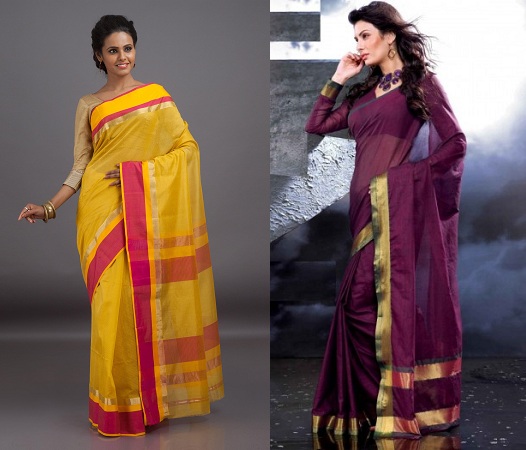
This is a fabric woven manually utilizing simply handspun yarn only. Handlooms which create Khadi weave cotton in such a way that the interweaving of threads gives optimal entry of air to your body, thereby making a cooling result, making Khadi the ideal wear for the summer months.
